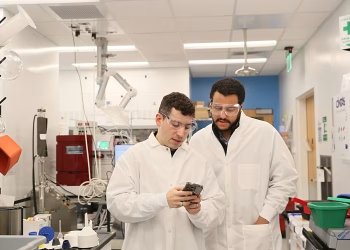The Permanent Secretary of the Federal Ministry of Health and Social Welfare, Ms Daju Kachollom, has revealed that the National Health Insurance Authority (NHIA) is set to enroll all Nigerians, including cancer patients, for health insurance.
This announcement was made at a symposium organised by the National Institute for Cancer Research and Treatment (NICRAT) in Abuja, commemorating the 2024 World Cancer Day, with the theme “Close the care gaps: Operationalising the National Strategic Cancer Control Plan.”
Kachollom emphasised that enrolling cancer patients in health insurance programs would significantly contribute to addressing the financial burden associated with cancer care in the country.
She highlighted the NHIA Act 2022, which mandates health insurance for all Nigerians, marking a crucial step towards achieving universal healthcare coverage.
What she said
In addition, Kachollom shared that President Bola Tinubu has approved the provision of new Radiotherapy and Nuclear Medicine facilities for six Federal Teaching Hospitals across Nigeria in the 2024 Appropriation Act.
The ministry is collaborating with the Nigeria Sovereign Investment Authority (NSIA) to ensure the prompt execution of this project.
Addressing the global impact of cancer, Kachollom acknowledged the rising prevalence of cancer in Nigeria, emphasizing the need for concerted efforts to combat the health menace. She pointed out the gaps in the country’s response, such as challenges in early diagnosis and limited access to quality care.
The Permanent Secretary commended the establishment of NICRAT in 2023, considering it a pivotal moment in the national cancer control strategy. She highlighted the institute’s role as a central implementing agency, leading the government’s initiatives in cancer research, treatment, and prevention.
Prof. Usman Aliyu, the Director-General of NICRAT, reiterated the urgent need to bridge disparities in cancer care and treatment. Aliyu highlighted the institute’s achievements since its establishment, including advancements in cancer research, treatment, access to care, prevention, and control.
































